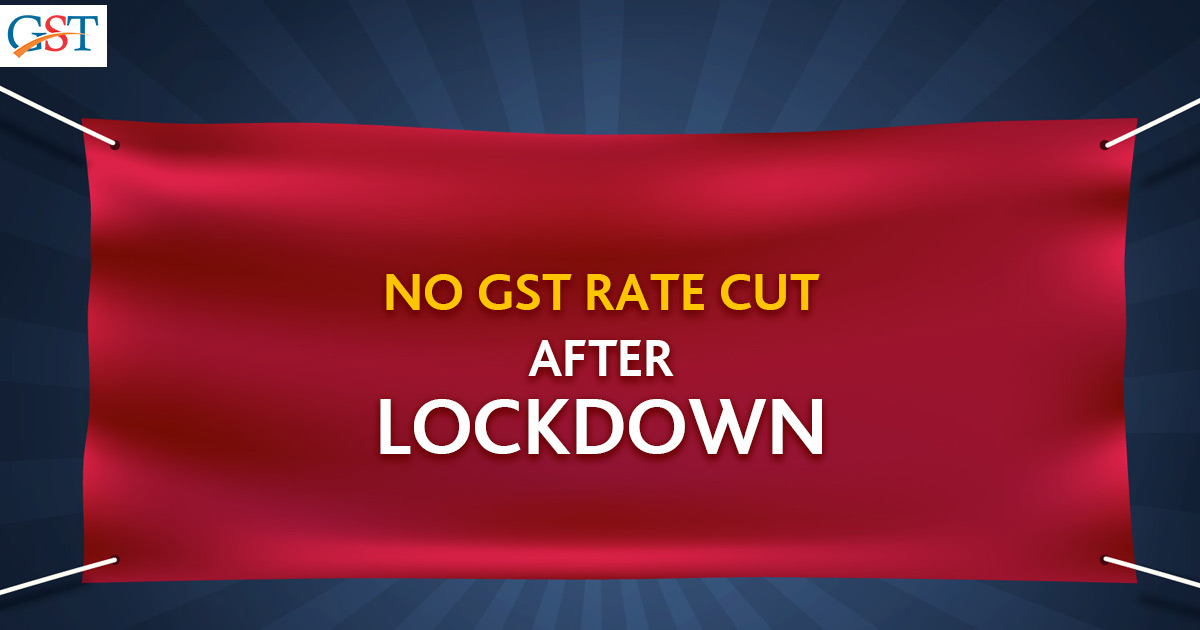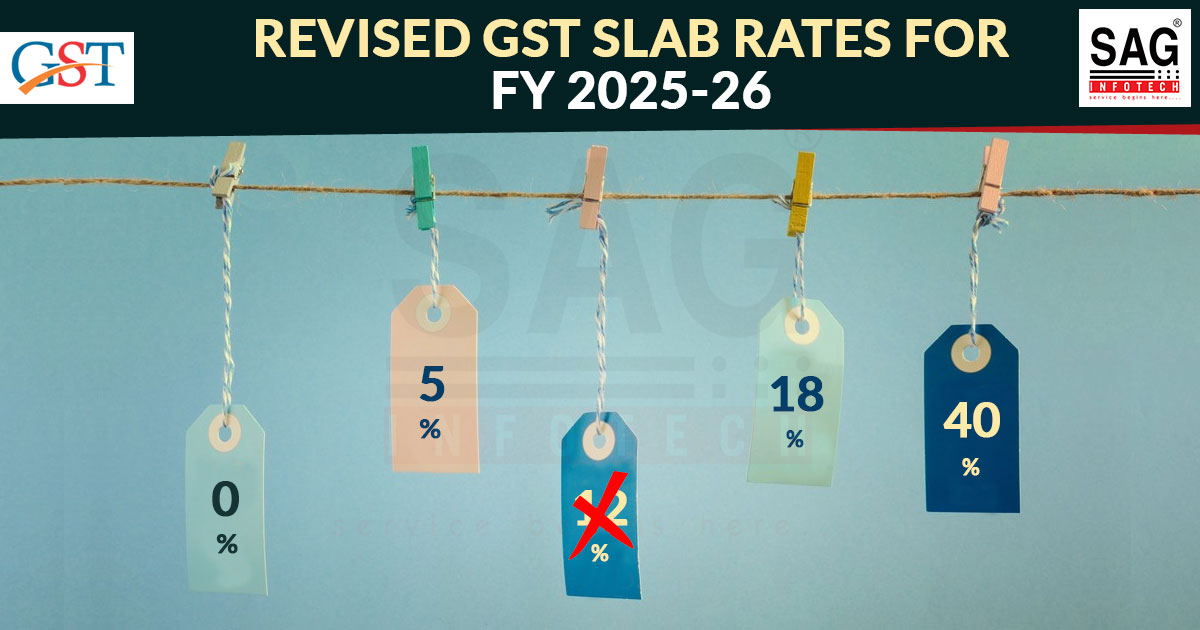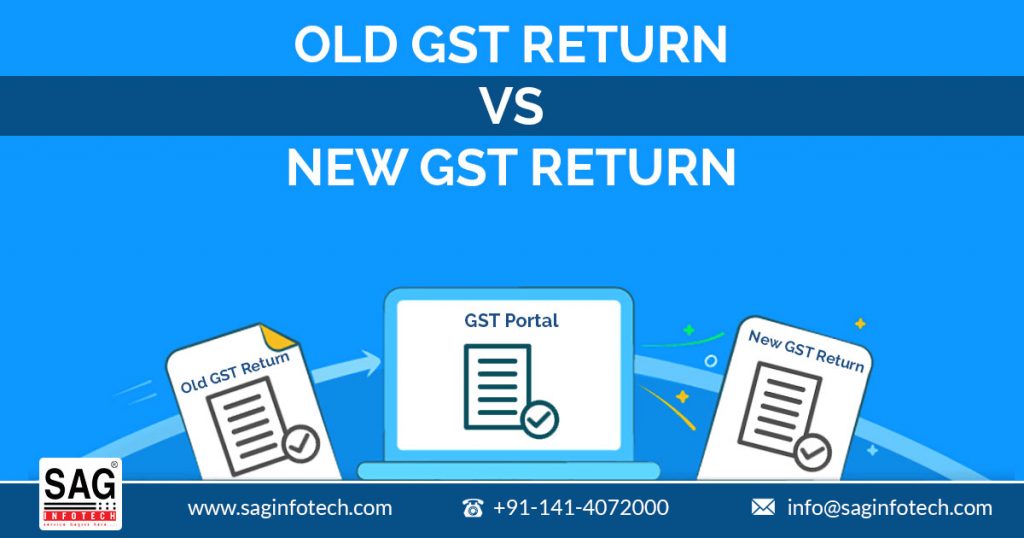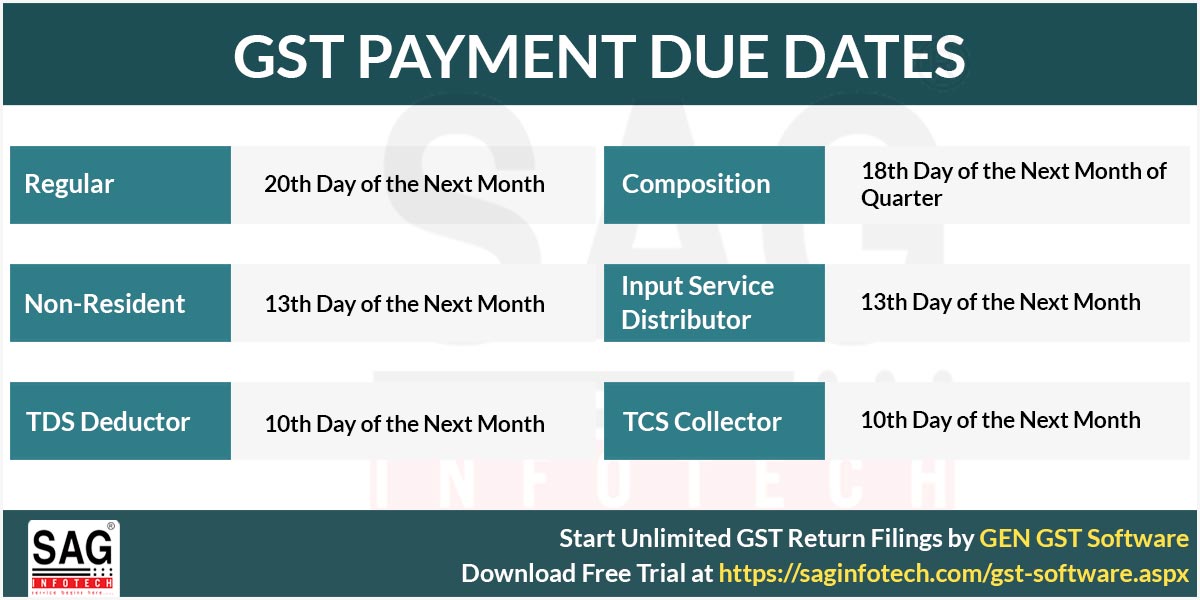
There were rumours that the Government will reduce the GST rates 
One source said that “Input tax credit reduces the tax paid on inputs from taxes to be paid on the output of finished goods. The proposed GST exemption will make output tax zero, blocking the input-tax credit, which will add to the cost of the finished goods, the officials with direct knowledge of the matter said, requesting anonymity”. One of the officials in this matter said that “This will not only be injurious to the industry but also to the consumer at large and this is certainly not going to revive demand,”.
The GST system 
In the favor of this argument president of the Associated Chambers of Commerce and Industry of India (Assocham) Niranjan Hiranandani, responded that “a cut in GST rates on almost all products by 50% for six months to boost demand”. In the response of clarification of officials, he said that “In theory, yes – lost input tax credit (ITC) on the exemption from GST is an issue of concern… It has to be viewed from the perspective of incentivizing consumers by inducing them to make a purchase, leading to the consumption which is the need of an hour. The argument is that a cut in GST for a short term, say the next six months, will reduce the amount paid for the good or service, so the consumer will buy more and thereby, revitalize the economy. It is a simple issue of reducing (not exempting) GST so that consumers go ahead and buy – in the present, during the period of reduced GST rather than keep waiting for some other day to do so.”
He said that the demand generating need some sort of boost and Cut in GST rates will be beneficial for it, he added.”The aspect of ITC can be dealt with so long as the suggestion is taken in the proper perspective.”. Meanwhile, experts suggested Government to opt-in for a cautious approach, MS Mani, partner at Deloitte India said that “There does not appear to be any empirical evidence that any country has exempted GST and VAT [value-added tax] across the board in order to drive up the pandemic-impacted economies. There could be specific sectors/areas where there may be a need to rationalise the GST rates for a temporary period to assist the sector. These needs are done very cautiously ensuring that revenue losses are minimised, leakages are avoided and the reductions do not lead to the emergence of inverted duty structure situations,”. Here Inverted duty structure situation stands for a situation where the inputs are taxed at a higher rate compared to the finished goods.
Tax partner at consulting firm EY, Abhishek Jain, responded that “a GST exemption would entail breaking of the credit chain, higher input tax costs for businesses and complexities in compliances with credit transitions during taxable and exempt-tax periods”. He added in his statement that “A specified percentage GST rate reduction could be explored vis-à-vis a NIL rate/exemption by the government specifically for the severely impacted sectors. In a scenario, where the said rate reduction entails the accumulation of credits, the government should ensure a full refund of the credits so accumulated with faster processing of such refunds,”.
Pratik Jain, who is partner and leader of the indirect tax practise at PwC India, presented a suggestion providing GST concessions only for industries which are going through a very tough time such as Airlines, and hospitality due to the Covid-19 pandemic. Pratik Jain Said that “In addition, the government should consider providing working capital cushion to the industry by deferring the payment of GST 